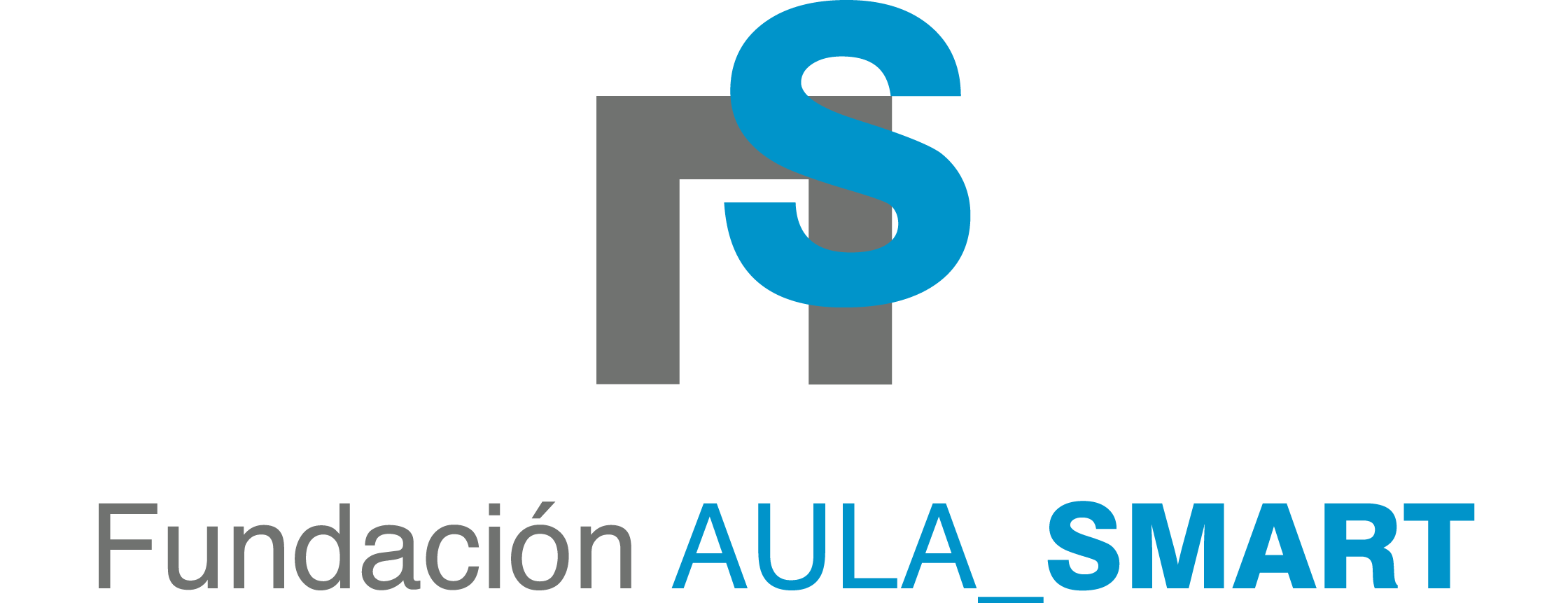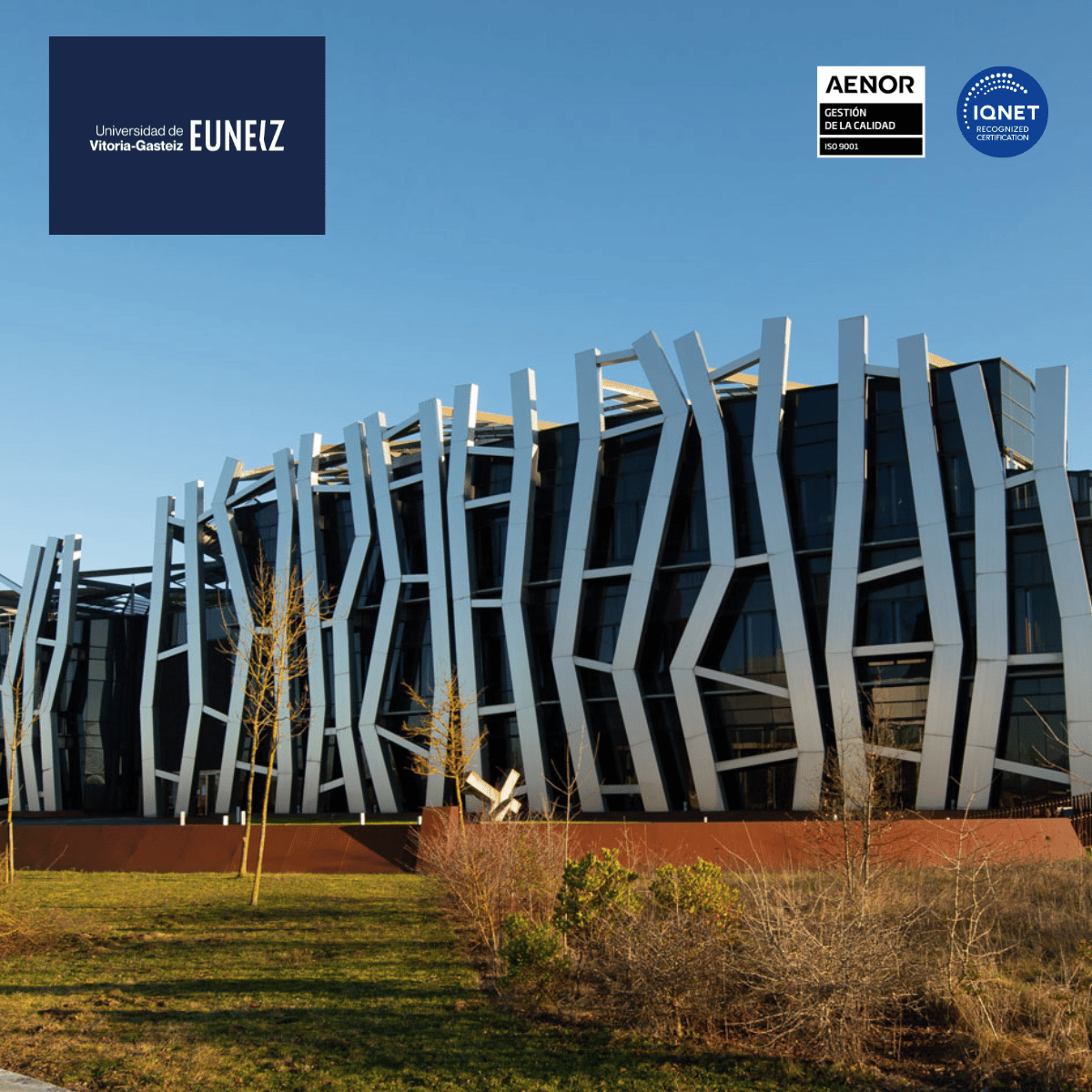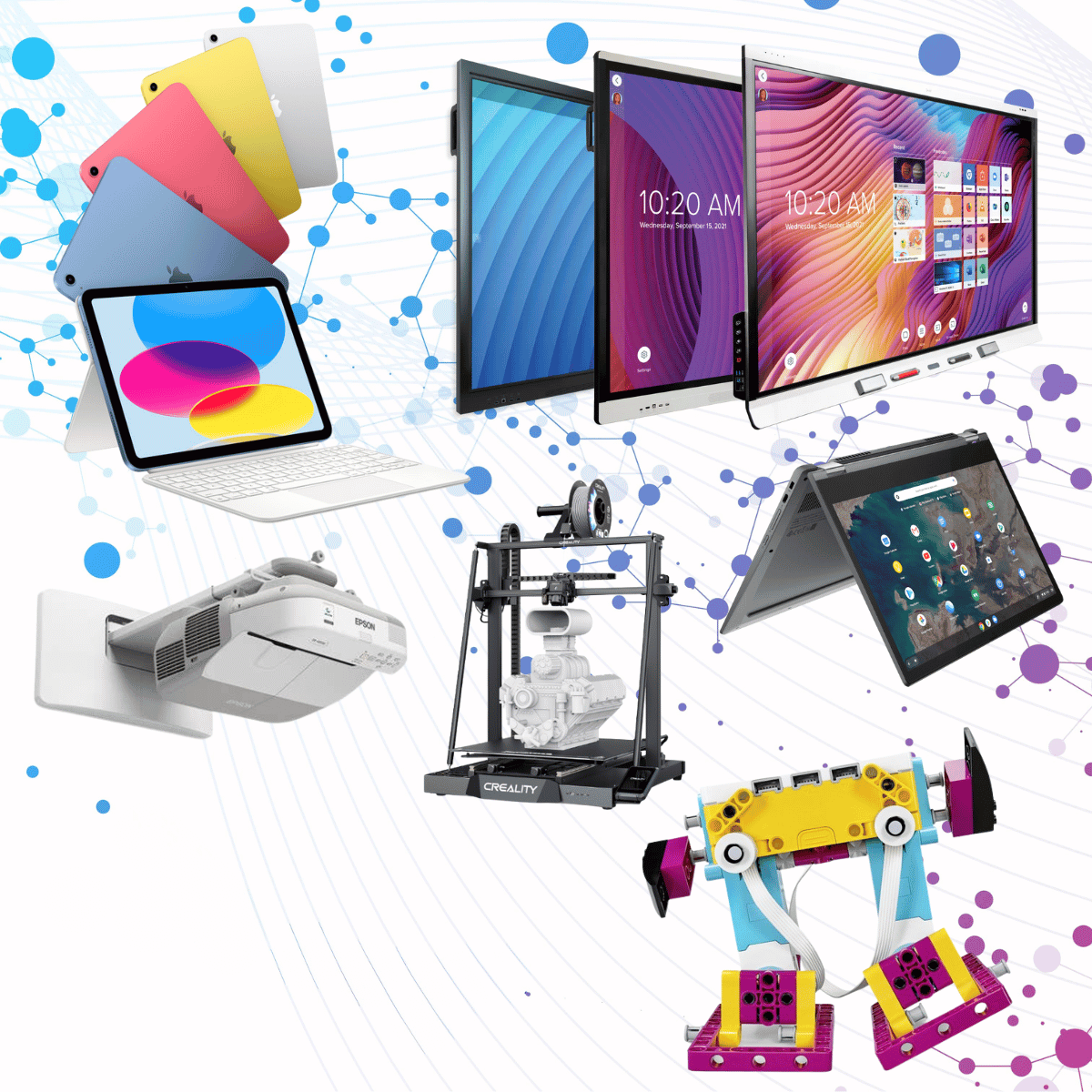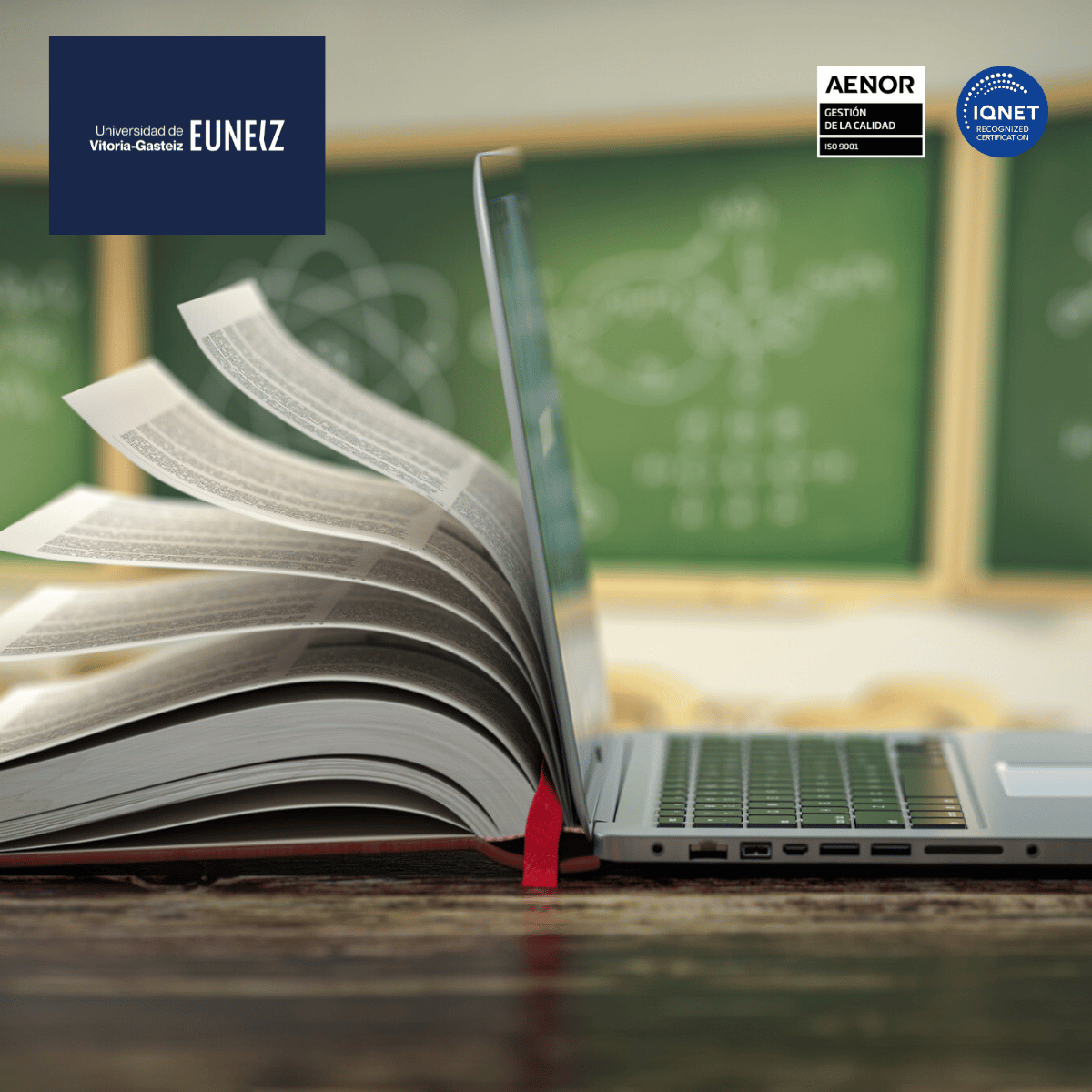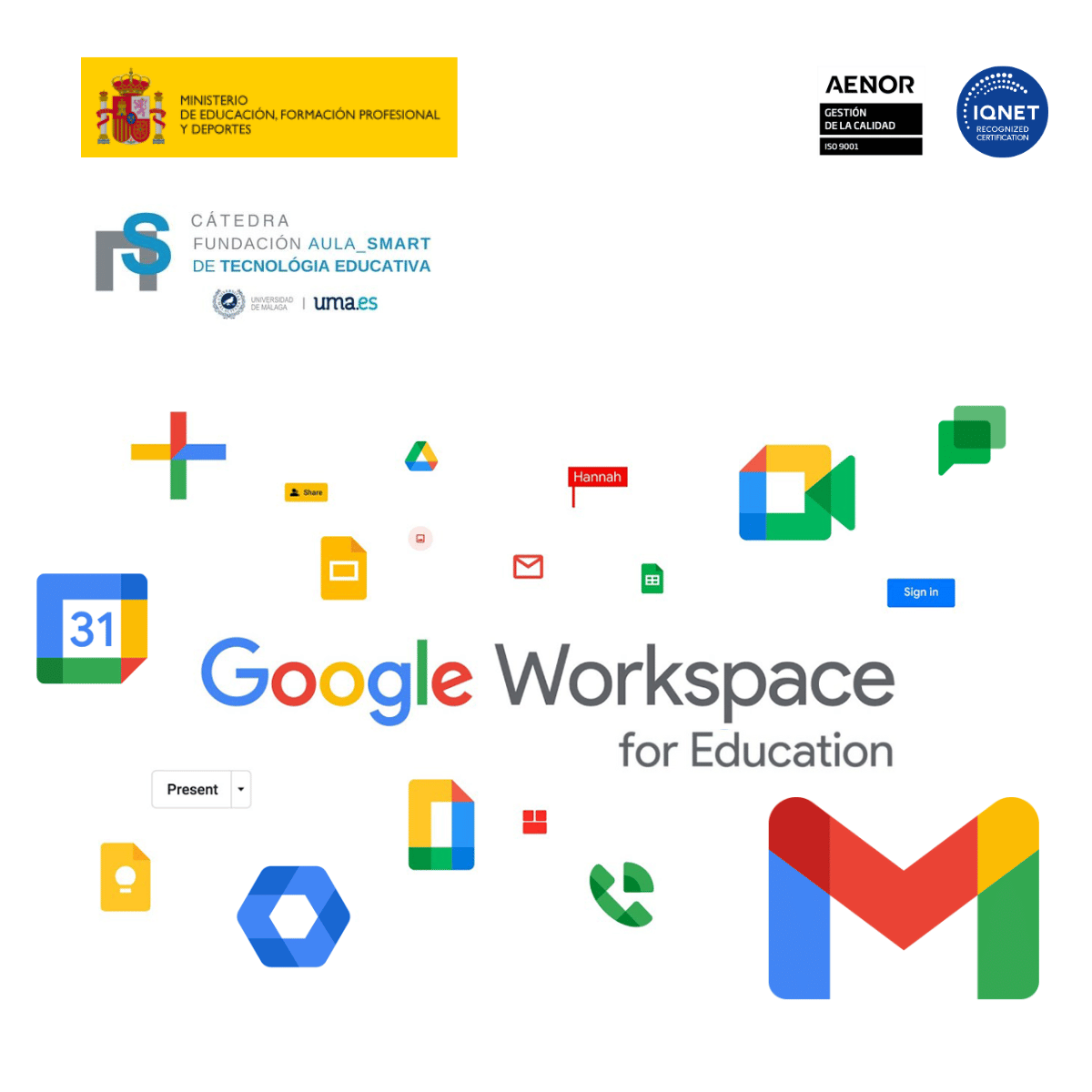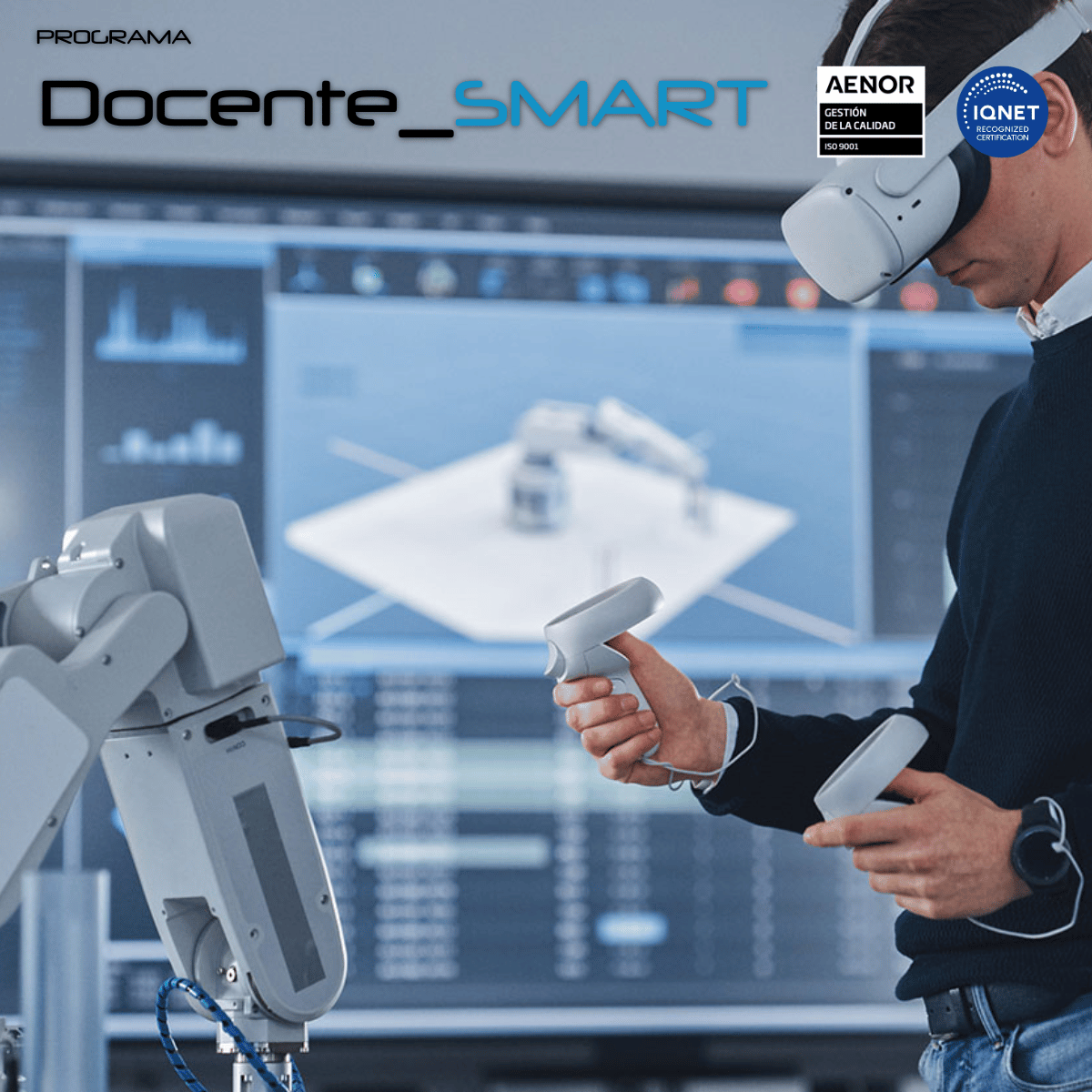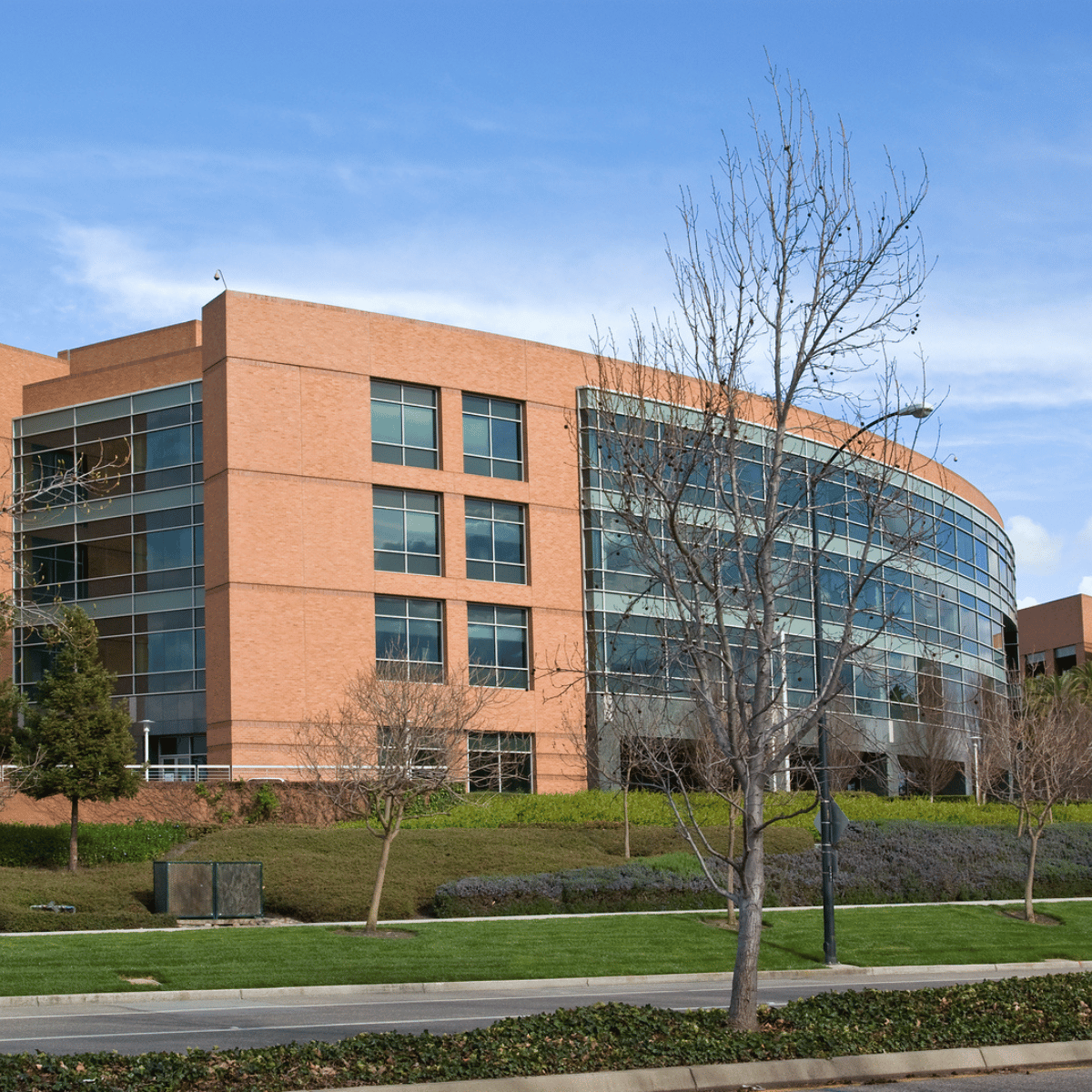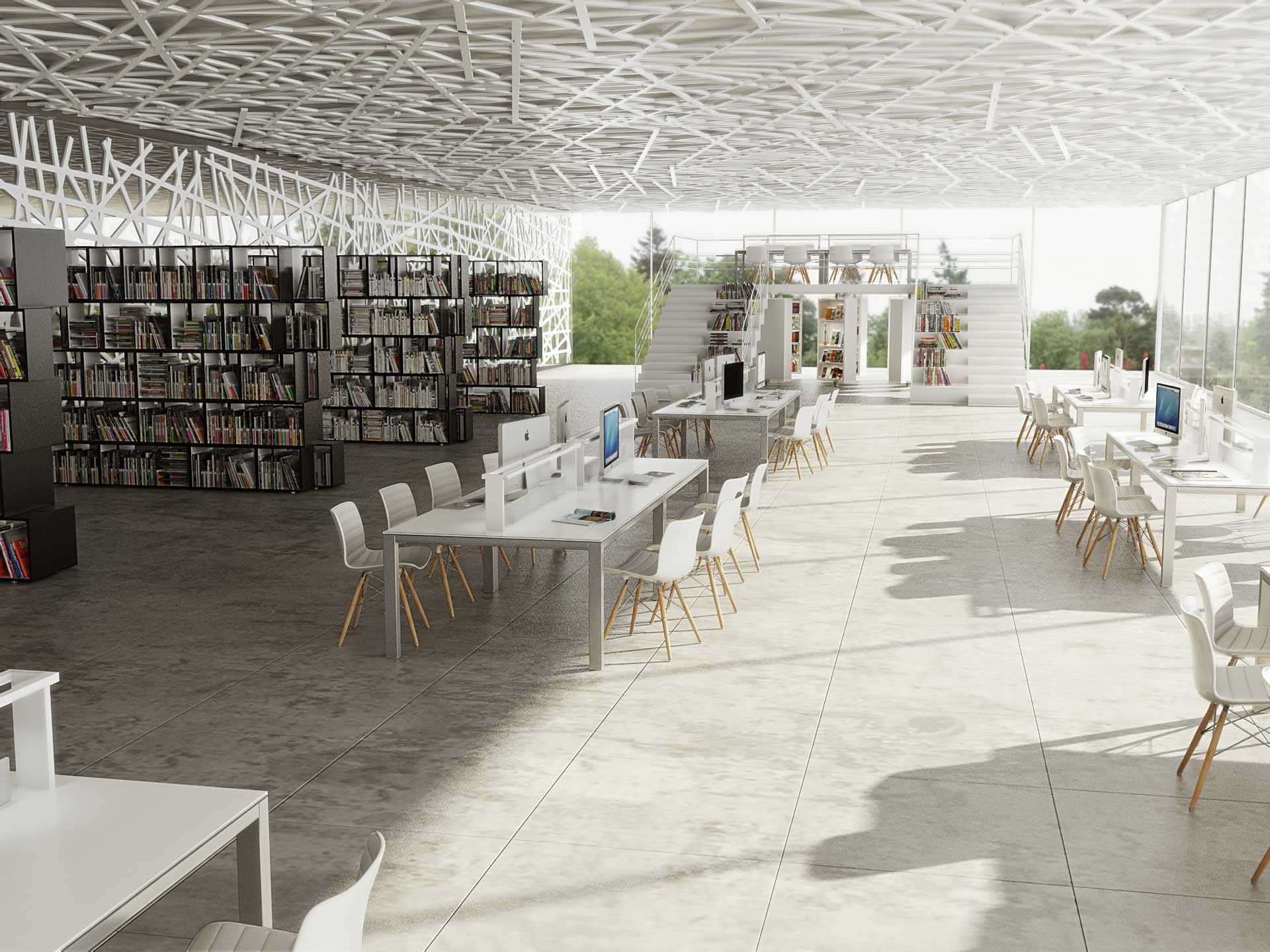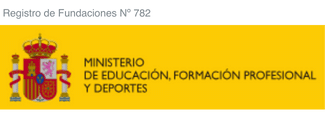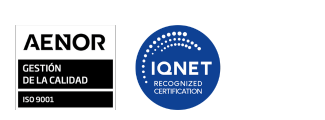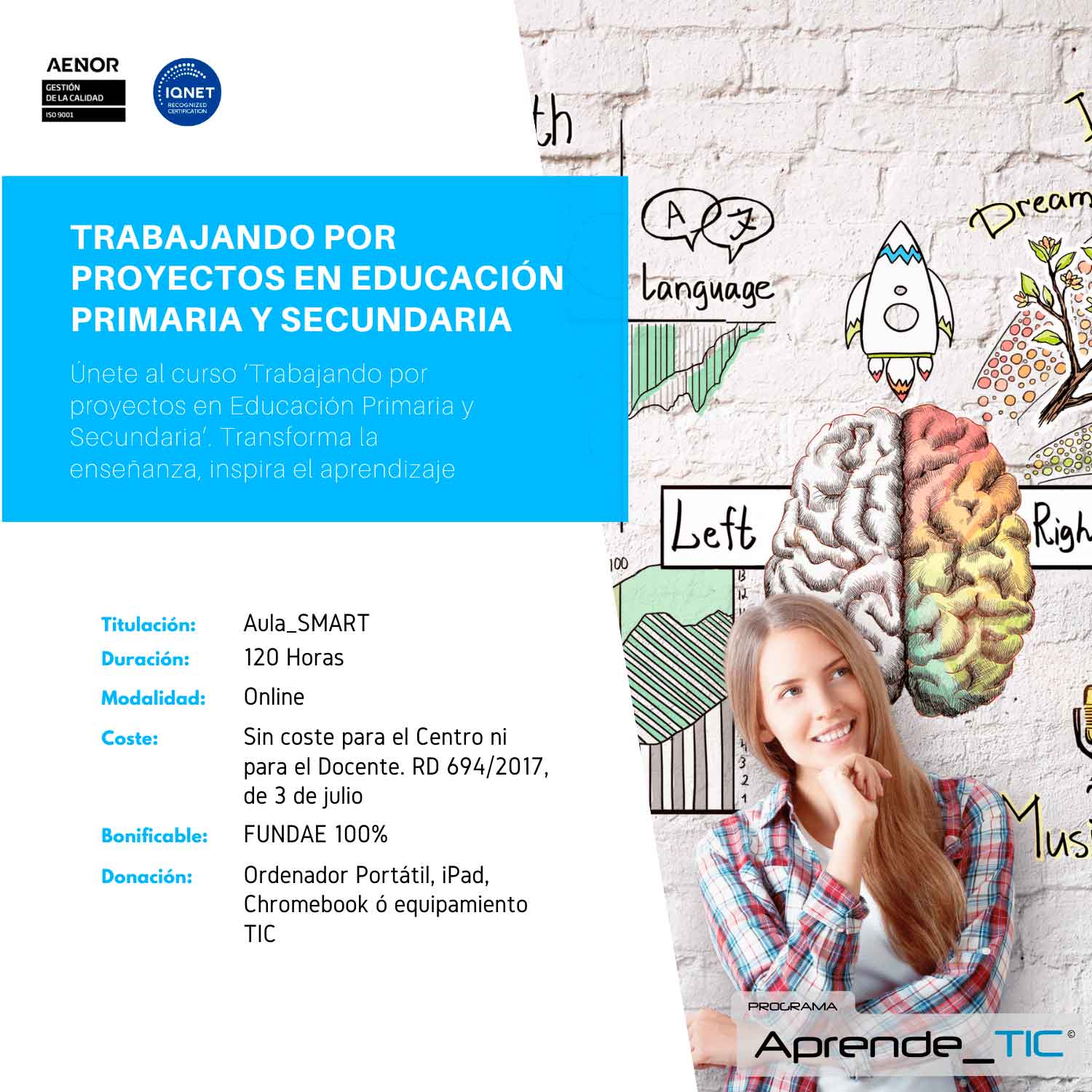
Aula_smart course
Working for projects in primary and secondary education
Innova in your teaching with our course Work by Projects in Primary and Secondary Education! In just 120 hours, you will learn to design and apply educational projects that motivate and develop your students' skills. Sign up now and transform your classroom!
Date start courses
(*) No cost to the center or the teacher according to RD 694/2017, of July 3.
(**) For students who are not going to take the course through their center


Working for projects in primary and secondary education
Goals

Working for projects in primary and secondary education
What prepares you

Working for projects in primary and secondary education
Who is it addressed

Working for projects in primary and secondary education
Methodology
Working for projects in primary and secondary education
Syllabus
Download the agenda in .pdf format
Topic 1
Topic 2
Topic 3
Topic 4
Topic 5
Working for projects in primary and secondary education
Do you have any questions about this course?
You can send us your consultation by filling out this form or in the following ways:
- Through the phone (+34) 951 411 800
- Through email
comunicacion@fundacionaulasmart.org
